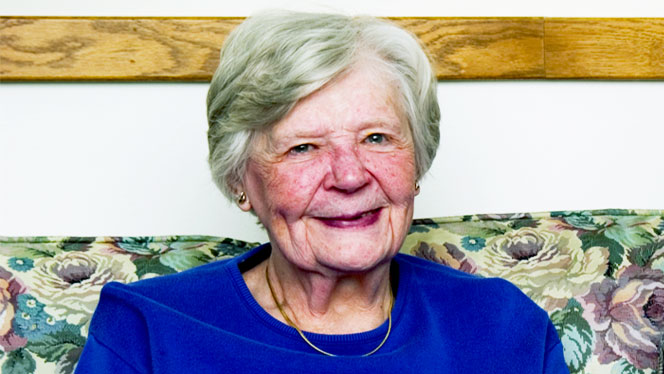How to arrange a community care assessment

When it comes to eldercare there’s so much information out there, with so many forms to fill in that it can be hard to find what you’re looking for to help your parent. We share how to arrange a community care assessment, what the process involves and how it can benefit your parent.
Why does my parent need an assessment?
If your parent needs help with their personal care because of serious illness, disability, mental health challenges or frailty due to their age it’s likely they’re eligible for a community care assessment. Your parent’s local authority has a duty to assess their needs as soon as they’re aware your parent needs help.
If your parent is registered as disabled or receives support from social services their local authority should have already offered them a care assessment even if it’s not been requested by them or you. You can also ask your parent’s GP to refer them for an assessment or get in touch with the social services department of their local authority yourself.
What’s involved in an assessment?
A community care assessment helps social services to determine your parent’s care needs and decide which services will best suit their needs. Assessments for older people are carried out under the Single Assessment Process which dictates how assessments are carried out and what type of assessment is best for your parent.
Depending on the severity of your parent’s needs and the urgency with which they need support they may receive a number of different assessments as part of a community care assessment. Once all assessments are complete a care plan will be drawn up. Your parent may have some or all of the following:
• A contact assessment is the most basic and can be the first of many assessments. It’s an initial form that records basic personal information as well as your parent’s own views on why they’re asking for help.
• An overview assessment is carried out if the contact assessment doesn’t provide enough detail for social services to determine your parent’s needs. It reviews your parent’s medical history, their physical and mental well-being and medication to see whether it’s adversely affecting their relationships, communication skills or daily living.
• A specialist assessment looks at a particular health issue to determine whether it’s affecting your parent’s quality of life – their ability to live independently and communicate effectively on their own behalf.
• A comprehensive assessment is the most detailed and takes into account your parent’s personal care and hygiene, their mental health, safety, communication skills in terms of visual and hearing impairments and disease prevention.
If your parent has mental health needs they’re entitled to a community care assessment to determine their social care needs as well as an assessment by a mental healthcare professional under the Care Programme Approach. A mental health needs assessment will involve reviewing risk and safety as well as psychiatric and psychological symptoms.
How can an assessment help my parent?
Getting your parent assessed can mean access to a range of local authority services that can help to enhance their quality of life. Depending on whether your parent meets their local authority’s eligibility criteria they could be entitled to a place in a care home, homecare services, meals on wheels, respite or day care as well as personal aids and home adaptation installation. These services are determined by your parent’s local authority and may vary across the UK.
What information do we need to provide?
While there are no formalised guidelines about what information you should provide for your parent’s care assessment it may be a good idea to request your parent’s medical records from the GP surgery as well as a list of current prescriptions in order that their health issues can be clearly defined during the assessment process. This can also help to speed up the assessment process if you have the relevant health information to hand.
Is a care assessment decision final?
Once the local authority has completed their assessment of your parent’s care needs they’ll offer the services they think will best help your parent. If you feel your parent has been wrongly assessed or their needs have changed significantly after receiving a care assessment it’s important that you contact their local authority as soon as you can.
You can complain about a decision made by social services verbally or in writing to your parent’s local authority within 12 months of your parent’s assessment and they should respond within 3 days after which they will outline how long an investigation will take into your complaint. They must relay the outcome of their investigation to you and your parent within 6 months of receiving your complaint. Contact your parent’s local authority for a copy of their complaints procedure.
If you or your parent have questions about the community care assessment process or need details of your local authority you can call the NHS’s free helpline on 0808 8020 202.
If you found this article helpful, why not join the family?

